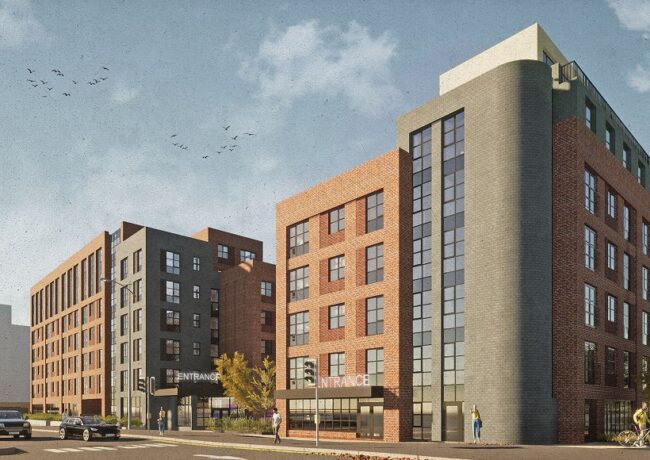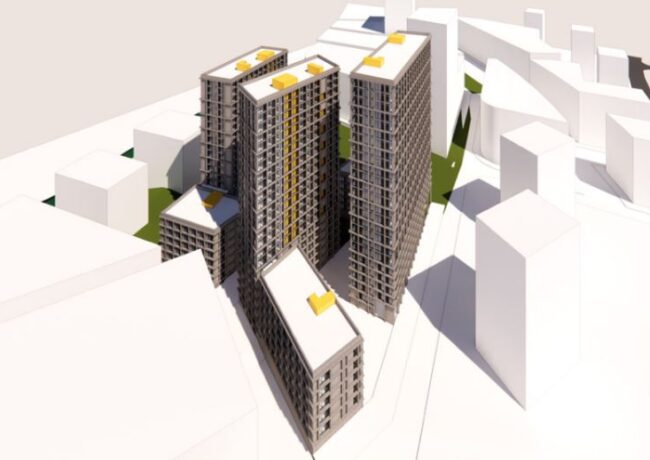Repossessions to outstrip new housing stock, says CBRE
This year will see around 60,000 new homes completed, compared to an estimated 75,000 repossessed, according to research by CBRE.
Speaking at a seminar in Manchester to present the findings, Adam Challis, associate director of research at CBRE, said: "Average house prices have fallen by about 20% from their peak and although the rate of decline is expected to ease over the next 18 months a full recovery is unlikely to be achieved until 2016.
"Looking at the positive side, lower house prices and interest rates will make housing more affordable which is great news after the steady rise in age of first time buyers over the past ten years. Buyers are still cautious but we are at least seeing a small pick up in enquiries."
CBRE said opportunities lie in the formulation of a build-to-let model and a cultural shift towards renting property as opposed to owning your own home.
Nick Jopling, executive director of CBRE's national business team, commented: "Until the market settles, there will be an increased demand for private rental housing, however the buy-to-let market will remain muted at this time. This presents a real opportunity for developers, and government organisations, to consider the formulation of a built-to-let housing model that is more attractive for institutional investors. At the moment, the size of the UK's private rental market is bigger than the whole of the country's commercial property sector and worth approximately £400bn so there is huge potential. The lack of lending and mortgages is pushing first time buyers into the rental market significantly increasing demand for high quality property and it is not being addressed currently.
"The viability of build-to-let has come about thanks to the decreasing land values in the downturn allowing rental yields to offer a much more competitive return on investment than two years ago and the US has proved that it works."
Nick Mullins, director of valuation for the North West, added: "The rapid and sharp correction in the residential market has not only affected end values. There has also been a substantial knock-on effect of a reduction in the demand for and the value of residential development sites. The market for sites, both nationally and in the North West, has changed dramatically and our valuation approach fully reflects this."



